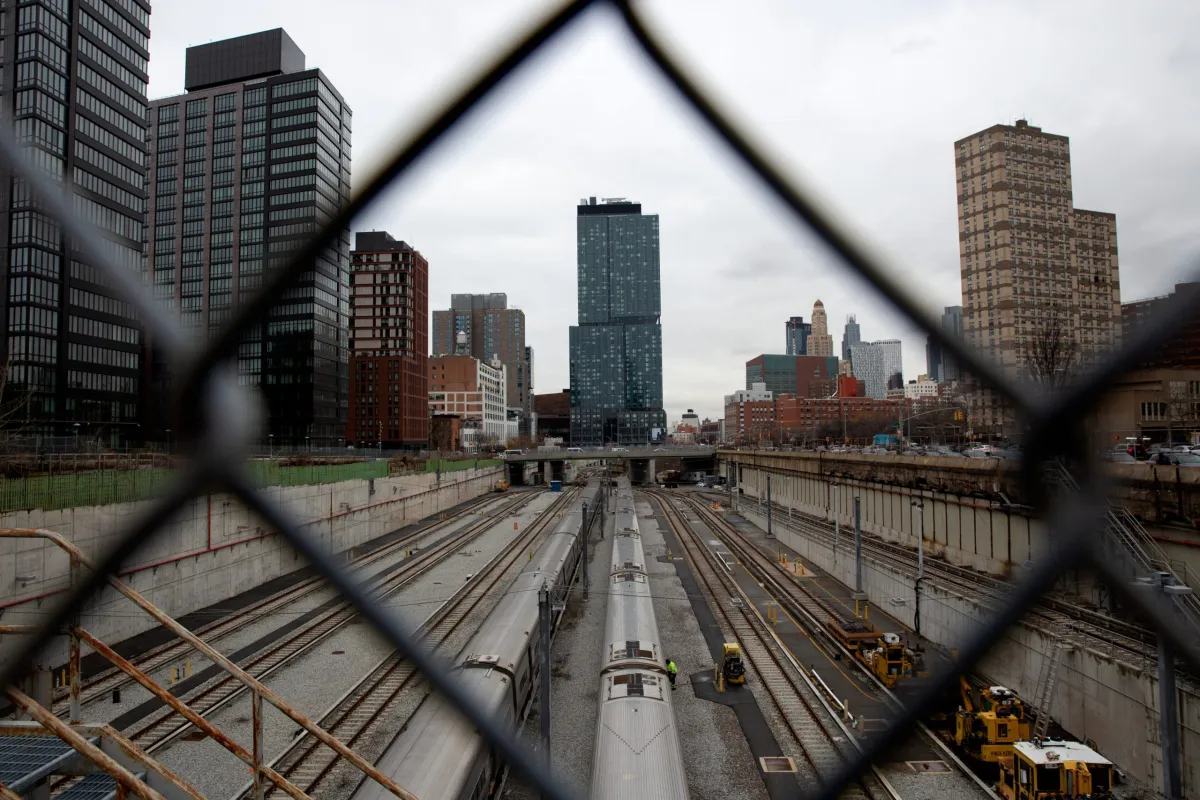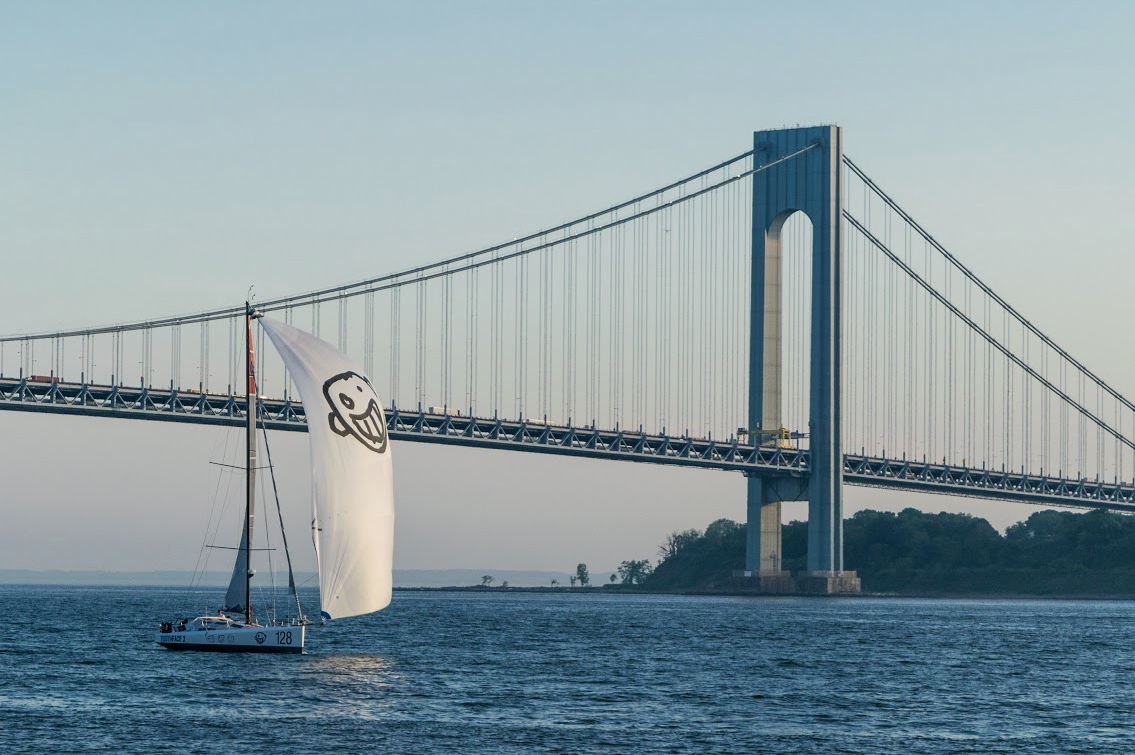Auction of Atlantic Yards Sites Endangers Hard-Fought Housing Promises
With a Feb. 12 sale scheduled for unpaid loans, local leaders press for action and answers on the future of a controversial state-led construction plan.

Two decades since New York State launched the 22-acre Atlantic Yards project, the rights to develop its six high-rise sites near Barclays Center in Brooklyn will be up for grabs if a lending group’s auction goes through as scheduled later this month.
Local leaders are pressing state officials for a game plan but getting few answers so far about what will happen to the state-owned sites, most of which require building platforms above a Long Island Rail Road yard — or the hundreds of affordable apartments pledged in a community pact after a years-long battle with local residents.
Last fall, the Shanghai-based developer that took over the project in 2018, Greenland USA, defaulted on loans totaling nearly $350 million. Greenland subsidiaries are slated to go to a private auction Feb. 12 over the two EB-5 pool loans, which provide a pathway to a U.S. visa for investors willing to stake $500,000 and up.
